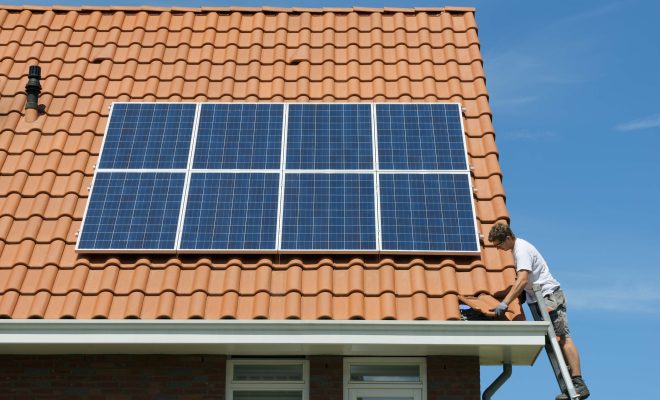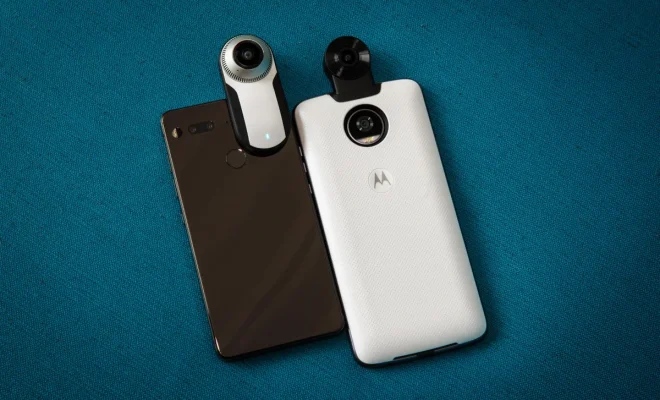What Utah Residents Need to Know About Solar Panels

Introduction
Residential solar power is rapidly gaining popularity across the United States, and for Utah residents, there has never been a better time to invest in solar panels for their homes. The combination of abundant sunshine, financial incentives, and environmental benefits make the decision to go solar an attractive one. In this article, we will explore what residents of Utah need to know about solar panels, including their benefits, costs, and how to get started.
Benefits of Solar Panels in Utah
1. Abundant Solar Resources: Utah is blessed with plenty of sunshine throughout the year. On average, the state receives over 250 sunny days annually, making it an ideal location for harnessing solar energy.
2. Energy Savings: Installing solar panels on your home can lead to significant savings on your monthly utility bills because you will be generating your own electricity.
3. Environmental Benefits: Solar energy is a clean and renewable source of power with little to no carbon emissions. By installing solar panels on your home, you contribute to reducing greenhouse gas emissions and combatting climate change.
4. Increased Home Value: A growing number of homebuyers are looking for properties with renewable energy sources. Adding solar panels can increase the value of your property and make it more attractive to potential buyers.
Costs and Financial Incentives
1. State Tax Credits: Utah has a state tax credit that offers homeowners a refundable credit equal to 25% of eligible installation costs for residential solar panel systems up to a maximum amount of $1,600.
2. Federal Tax Credits: The federal government also provides a tax credit for new residential solar installations. Homeowners can claim up to 26% of their installation costs as a tax credit in 2021 and 2022. The credit amount will decrease after 2022.
3. Net Metering in Utah: Net metering allows homeowners with solar panels to receive credits for the excess electricity they generate and feed back into the grid. These credits can be used to offset the cost of electricity you consume.
4. Solar Panel Costs: The upfront price of solar panel installation can range between $15,000 and $25,000, depending on the size and complexity of the system. However, with tax credits and energy savings, the overall costs can be significantly reduced over time.
How to Get Started
1. Research Providers: Look for reputable solar installation companies that are licensed and insured in Utah. Compare their products, services, and warranties.
2. Request Quotes: Contact at least three solar providers to get estimates for your property. Be sure to ask about financing options and incentives they may offer.
3. Check Zoning Laws: Some communities may have specific regulations related to solar installations. Make sure your potential system complies with local building codes and permitting requirements.
4. Choose a Provider: Review quotes, interview providers, and choose the company that best suits your needs.
Conclusion
Solar power is an ideal choice for Utah residents given their abundant sun resources and available financial incentives. By investing in solar panels for your home, you can enjoy energy independence, reduce environmental impacts, and increase your property value. Take advantage of this opportunity today by researching providers and taking steps towards a cleaner, greener future!






